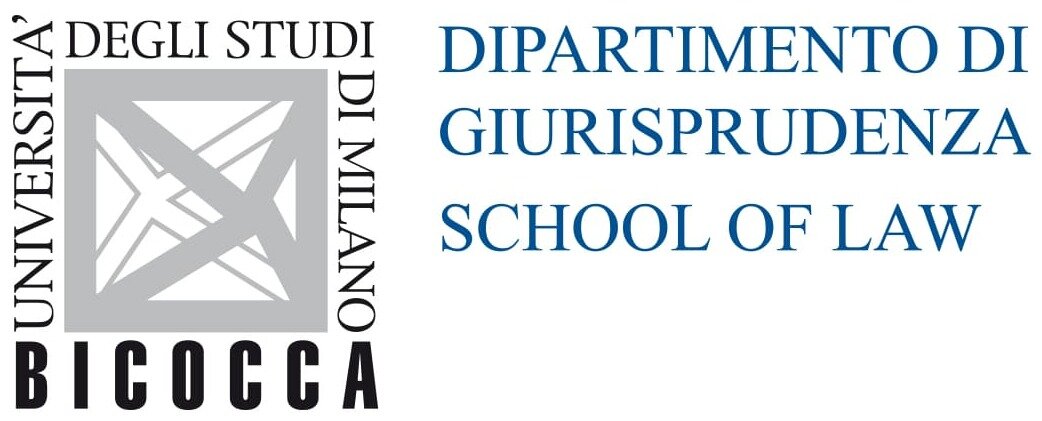Pubblicato nel n. 4\2023
Lo scritto è stato sottoposto, in forma anonima a blind peer review
Abstract. The article starts from a review of the main eco-crimes containing special illegality clauses: illegal waste trafficking, activities organised for the illegal trafficking of waste, environmental pollution, environmental disaster, trafficking in and abandonment of highly radioactive material; among the special illegality clauses, the unclear legislative formula of «abusively» is analysed, among literal, extensive and in accordance with European rules interpretation. The question of whether the special illegality may consist in the violation of a rule not relevant to the environmental sector is then addressed, as well as the question of the causal correlation between “abusiveness” and offence. The question of the appropriateness, from a criminal-political point of view, of such special illegality clauses in the context of eco-crimes is subsequently addressed: the advantages and disadvantages of an “integrated” (criminal-administrative) model of protection, i.e. a partially accessory model of criminal protection, dependent on administrative law, are analysed, in the light of the legislations of some Member States and of the EU, focusing in particular on Directive 2008/99/EC on the protection of the environment through criminal law and on the recent proposal of the European Commission (2021) for a new Directive replacing Directive 2008/99/EC. At this point, the different model of criminal protection of the environment, the so-called “autonomous” or “purely criminal” model, unconnected with administrative law, is considered, analysing its characteristics, advantages and possible criticalities, also in the light of some examples of eco-crimes, autonomous from administrative law, taken from German, Spanish, Polish and French legislations.
Key words: Ecological values, abstract endangement, concrete endangement, autonomous environmental crimes, environmental criminal law, Environmental Crime Directive



